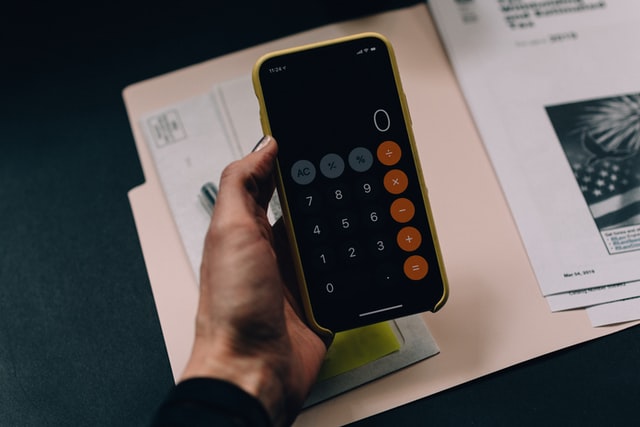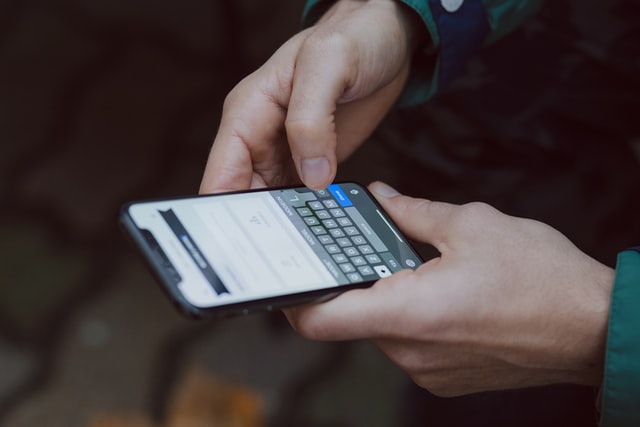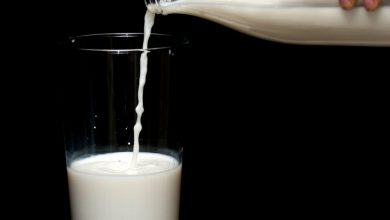
How Many Calories Do I Burn Each Day?
Calories are very directly tied to your health, weight, fitness, and energy levels. Calories are both consumed and burned all day long, with calories continuing to burn even while you sleep.
It’s important and helpful to have a good and basic understanding of how many calories you can expect to burn each day. Understanding your caloric burn rates can help ensure you stay on track with your weight loss goals and health. In this article, we’ll explain how calories impact your body, how many calories you can expect to burn throughout the day, and how many calories are generally burned through specific exercises.
How Calories Affect Your Body
Contrary to popular belief, calories are a good thing! Calories are the unit of measurement used to track units of energy in the food and drink that you consume and how much energy you burn off during your daily activities. Naturally, to maintain or lose weight, you’ll need to balance your calorie input with your calorie output.
While various factors affect how many calories you need to consume on a daily basis, on average, men need 2,500 calories, and women require 2,000 calories.
The Harris-Benedict Formula
Back in 1918, the Harris-Benedict formula was developed to calculate the number of calories needed to maintain weight better and more accurately. The method consists of your basal metabolic rate (BMR) being multiplied by the activities you perform.
To begin, you’ll need to calculate your BMR. Your BMR is comprised of three factors: weight, age, and sex. You’ll need to calculate according to your sex:
Male: 66 + (6.2 x weight) + (12.7 x height) – (6.76 x age)
Female: 655.1 + (4.35 x weight) + (4.7 x height) – (4.7 x age)
The total that you get at the end of your calculation is your recommended daily calorie intake to maintain your weight.
Next, you need to find your activity level. Your activity level is determined as follows and assigned a number:
- Sedentary – 1.2
- Lightly Active – 1.375
- Moderately Active – 1.55
- Very Active – 1.725
Now, multiply your BMR number by the activity level number you assigned yourself. The ending equation will basically look like this: BMR x Activity Level = (calories/day). This end number will be the amount of calories you can generally consume each day to maintain your weight.

Tracking Your Energy Balance
As you go about your day, your calorie balance will fluctuate up and down. It’s essential to keep up with this balance to ensure that you continue to burn the same or more calories than you are consuming; otherwise, you can see weight gain. By tracking your calories throughout the day, you can make adjustments to either burn more calories or reduce calorie consumption as needed.
Tracking Calories Burned by Activity
Each activity you perform throughout the day will burn a preset average of calories. You’ll need to have a good idea of the average calorie amounts burned with each activity in order to track your calorie balance throughout the day.
- Walking – 149 calories burned per 30 minutes
- Running – 343 calories burned per 30 minutes
- Biking – 280 calories burned per 30 minutes
- Gardening – 167 calories burned per 30 minutes
- Sleeping – 23 calories burned per 30 minutes
- Standing – 47 calories burned per 30 minutes
- Reading – 42 calories burned per 30 minutes
- Grocery Shopping – 130 calories burned per 30 minutes
- Computer Work – 28 calories burned per 30 minutes
- Watching TV – 51 calories burned per 30 minutes
When you have a goal to lose weight, the number of calories you burn should be higher than the number of calories you consume. Many weight-loss experts will recommend you build up a calorie deficit between negative 500 to 1000 calories. This kind of deficit can allow you to lose an average of about one to three pounds per week.

Calorie-Tracking Apps
Tracking your calorie intake and expenditure throughout the day can become tedious after a while. Luckily, several apps can help monitor your calories for you with straightforward information logs throughout the day. Here are some popular applications to consider for use:
- Cron-o-meter – When you want to track diet and exercise quickly and easily, Cron-o-meter is an excellent app for the job. This calorie tracker is very detailed in how it tracks food; everything from minerals to trace elements in the food you consume is tracked through this app. One thing that’s great about this app is its ability to help you stay on track according to various diets. For instance, if you are on the paleo or keto diet, you can enter this into the app and track your calories and progress in accordance with the diet. This diet app also easily syncs with other health devices and apps to ensure your data is tracked correctly across the board.
- My Fitness Pal – My Fitness Pal is one of the more well-known applications used to track calories and help maintain diets. You can track your fitness levels, calorie intake, and more through this app. My Fitness Pal will also make recommendations throughout the day based on your weight loss goals and caloric needs to help keep you on track.
- Spark People – Spark People will track all the same calorie intake and exercise amounts throughout the day as its counterparts. It also has the added benefit of having a bar code scanner to assess and track calories through food packaging quickly. Spark People is also well-known to have a database chock full of information and news pertaining to maintaining healthy diets.
- Lose It! – The Lose It! app is very user-friendly and can help you track and graph your calorie intakes and expenditures throughout the day quickly and easily. This app also features a bar code scanner and has an extensive food database to choose from while tracking your food consumption.



